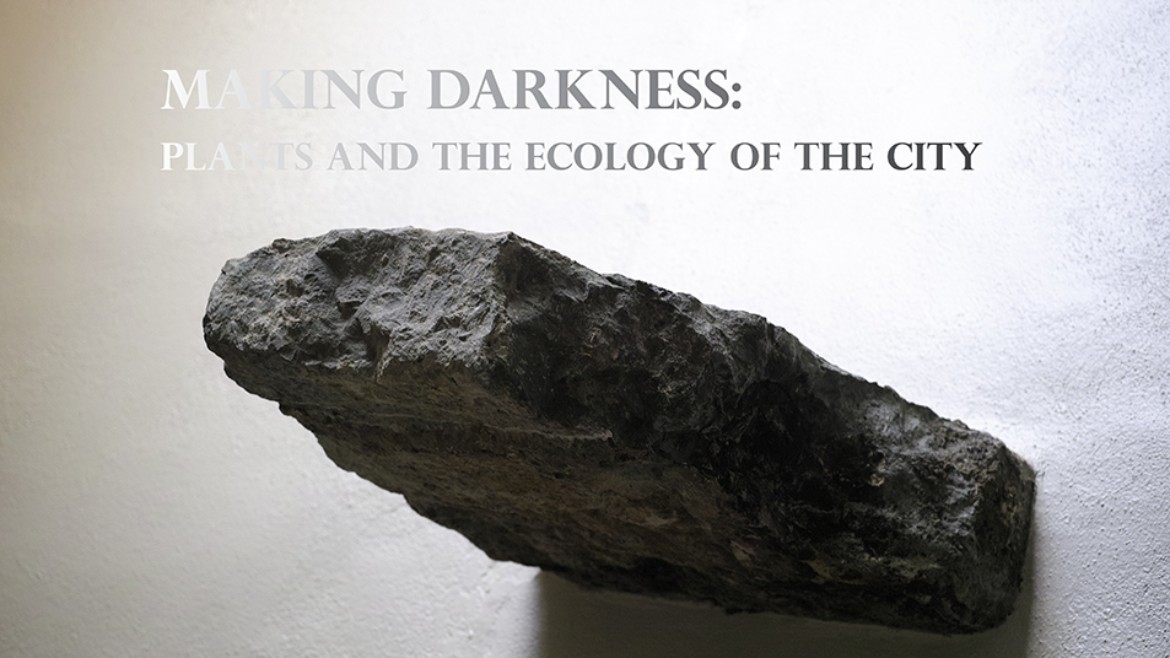Making Darkness: Plants and the Ecology of the City
Theorie 1, ADR
Prof. Sandra Bartoli
Mittwochs, 10:00 - 13:00 Uhr
Raum 214

Earth Hour, happening around the Spring equinox since 2008, is the time committed to the planet when humans are encouraged to switch off non-essential artificial lights. The plant needs the insect for pollination, the night pollinator, like many other living beings, needs darkness to operate and reproduce… If we study plants we study parameters, spatial qualities and conditions that define the environment and ultimately a system of nature. It’s not by chance that the first biotope map of a city, (West Berlin, 1984), was based on the documentations of the plants spontaneously growing in the city.
The seminar focuses not only on different aspects of a complex relationship of plants with architecture. It also suggests the essential perspective of natural history as applied to the all-encompassing anthropogenic environment in which the traditional dualism of nature and city is dissolved, exchanged for the notion of an environment where the social sphere is extended to all living organisms, equal and mutually dependent. The notion of “making darkness” in the seminar’s title addresses alternate examples of modernity that aim to include ecological systems, counter to the classic human-centered perspective. This course will evaluate several aspects of urban space that question and expand the understanding of sustainability; for instance: the unmaintained vs standard maintenance practices, the unbridled plant growth, decay, the full inclusion of natural processes in an urban environment, the close proximity and high density of plant and animal species in the city, and the spatial qualities of such a condition, to mention some.
This seminar includes weekly readings with discussions, and a research. The course is organized with a series of visits and excursions in Munich.
Erstes Treffen und Einführung: Mittwoch 11. Oktober 2023, 10:00 Uhr, Raum 214